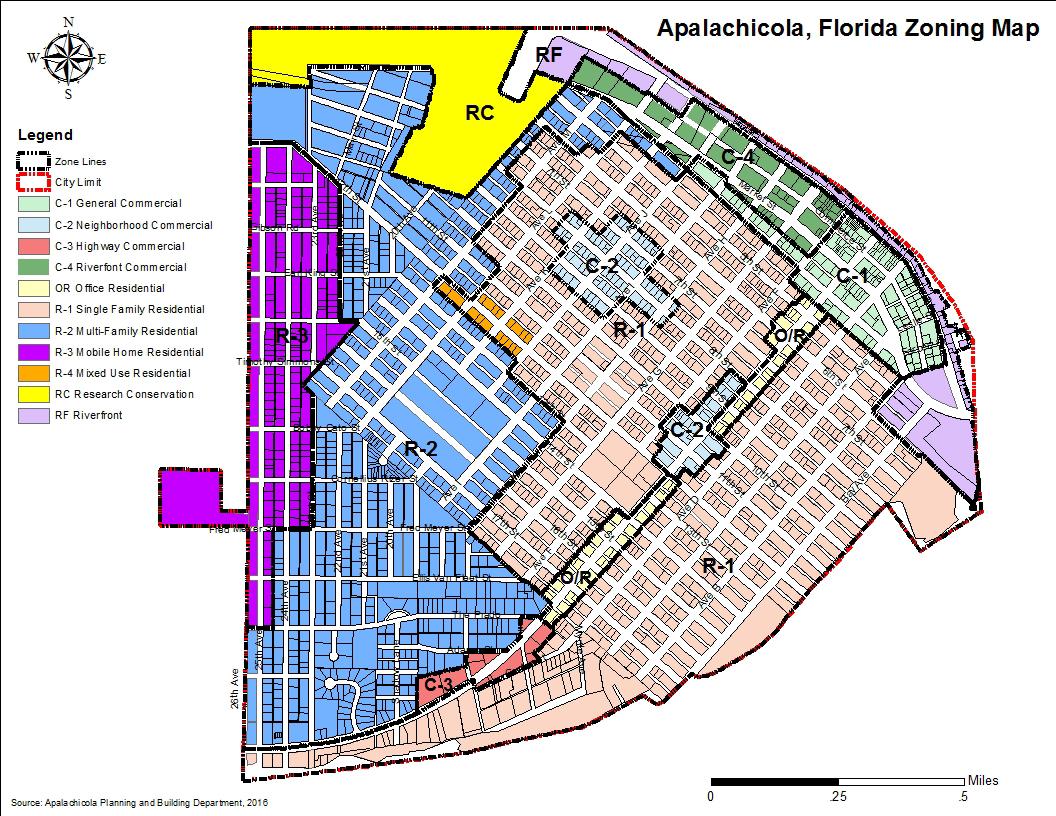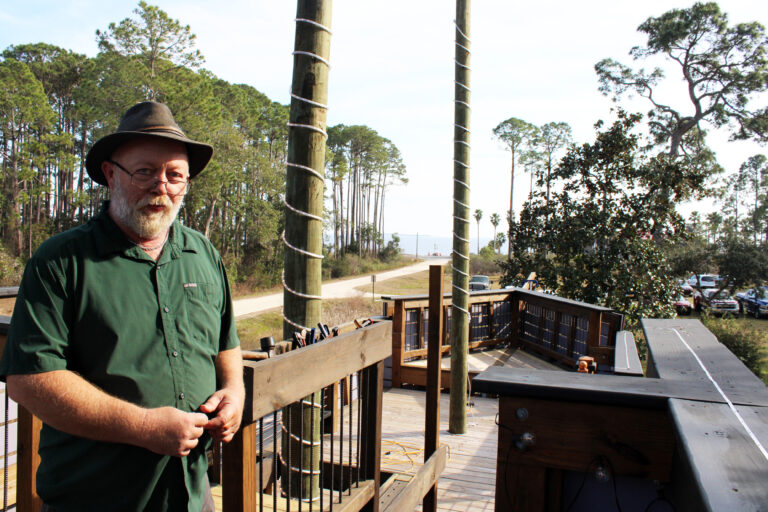Apalachicola to tighten enforcement over short-term rentals
In a move to eliminate confusion, and to give code enforcement the tools needed to regulate the city’s growing number of short-term rentals, city commissioners have turned to a Virginia-based company that specializes in helping state and local governments navigate the issue.
By a unanimous vote, with commissioner Adriane Elliott absent, the commission agreed to bring in Avenu Insights & Analytics, a 40-year-old company with 700 employees and customers in all 50 states.
Avenu’s three-year deal to assist with monitoring, compliance, administration and management of these rentals will begin in October, at the start of the 2023-24 fiscal year, at an annual cost of $6,020.
A one-time set-up fee of $4,000 will be paid to implement the system beginning this summer, including training city staff on the software.
P.J. Erwin, the city’s code enforcement officer, told commissioners that in light of the growth of these rentals, which she estimated to be in the range of 113 to 172 on any given day, for an average of about 140.
“Every week I get a handful of calls and get lots of questions about short-term rentals,” she said. “Some want to know if they can do it, or inform on people operating illegally. We even know of a development in town (whose) primary market is short-term rentals in the R-2 zone.”
R-2 is a zone where these rentals are not allowed. The only allowable zoning areas, with each carrying some sort of condition, are O/R – Office Residential; C-1 – General Commercial Downtown; C-2 – Neighborhood Commercial; C-3 – Highway Commercial; and C-4 – Riverfront Commercial.
“I’m trying to get a handle on what’s allowed and what’s not allowed,” Erwin told commissioners, noting that the Florida Legislature a few years back passed a law expanding the presence of short-term rentals in the state, unless a city already had an ordinance in place which covered these rentals.
“We have an ordinance that’s not the greatest, but if we change even a comma, (the zoning restrictions could fall),” she said. “The land development code is clear, though the language is a bit outdated. However, it serves the purpose of keeping transient lodging (hotels, motels and bed and breakfasts) within the commercial and business district. A major hindrance to deterrence is the variable nature of short-term rentals and the ability to identify when and where they are actually operating.”
Three bidders had sought consideration for the city contract, which had as its primary goal to ensure zoning compliance, and as an ancillary goal “to encourage more affordable long-term rentals as homeowners realize the short-term rental market is not available,” Erwin wrote.
City Manager Travis Wade said the Florida League of Cities told him that Avenu, as well as Host Compliance (Granicus) had strong references. A third leader in the field, GOVos, was considered as well.
“Over a three-year period, the cost is significantly lower for the same services offered for the other two, even with a one-time set-up fee.” he wrote. “Additionally, they offer up to 10 basic portal trainings.”
Mark Gerspacher, the city’s finance manager, said that with some positions remaining vacant next year, there are sufficient funds for the purchase of Avenu’s services.
These will include identifying short-term rentals in operation, monitoring of an area to track activity of short-term rentals, handling registration and permitting, and offering a round-the-clock hotline to violation reporting. The company also offers tax portals, but since there is no specific lodging tax within the city beyond the county-wide one, which is collected through the state, it is not clear what role those portals might have in the near future.
Following the vote, Commissioner Anita Grove praised Erwin and the staff in the city planning office for their work in moving forward on short-term rental oversight.
“The issue is quite complicated,” Grove said. “We need to enforce this law or we lose it.
This software will aid staff and make her enforcement possible and make the actions she takes defensible.”
The rules for short-term rentals
In the City of Apalachicola’s Land Development Code, a short-term or transient rental is defined as a “place where tourists, transients, travelers or persons desiring overnight accommodations are provided with sleeping and sanitary facilities.”
The city’s Land Development Code refers to these types of rentals as a Bed and Breakfast accommodation. A short-term rental is offered on a daily or weekly basis, and for a period of time less than 30 days.
Short-term rentals are only allowed in the following zones:
- O/R: Office Residential
- C-1: General Commercial Downtown – Only allowed on the upper floor, except for certain blocks on South Fourth Street designated by the Florida Department of Economic Opportunity for first-floor usage.
- C-2: Neighborhood Commercial – Only allowed by approved Special Exception.
- C-3: Highway Commercial
- C-4: Riverfront Commercial: Only on an upper floor above a first-floor commercial business.
Within the O/R and Commercial zones (C-1 to C-4), short-term rentals must meet all applicable building and zoning guidelines, and have a minimum of two units and no more than 10 units. In addition, cooking facilities are limited to only a microwave. Any other cooking facilities are not allowed.
In addition to a license with the State of Florida, all short-term rental owners need to obtain a license with the City of Apalachicola, which is renewed annually.
The fine for operating a short-term rental where it is not allowed within the city limits of Apalachicola is $250 for the first offense, with any subsequent offense within a calendar year $500 per offense.






Apalachicola is such a special community and area. Whoever came up with this, it is a great idea and now is the time to implement it. I am surprised to find out that there are companies that address this issue in inundated communities and the cost seems reasonable considering the horrendous possibilities of continuing with no oversight.